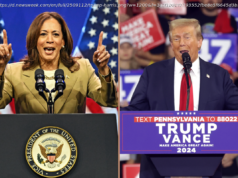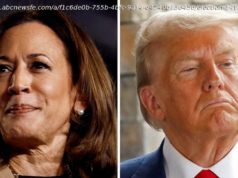Array
A worried and wary Supreme Court heard arguments on Tuesday in a case that could revolutionize the architecture of the internet and social media companies. At issue in the case is a 1996 law that shields internet platforms from being sued for material that appears on their sites.
On one side of the case is the family of an American student killed in a terrorist attack in Paris. Her family claims that YouTube, owned by Google, aided and abetted in the attack by recommending ISIS videos to people who might be interested in them. The argument is that by recommending these videos Google promoted ISIS recruiting, propaganda and terrorist attacks.
Joining Google on the other side are other multi-billion dollar companies, indeed some of the most valuable companies in the world—from Facebook and Twitter to many smaller companies as well—all of which together represent a huge portion of the U.S. economy.
With the stakes in the case so high, the justices seemed both cautious and skeptical of some of the arguments made by each side, with no clear liberal-conservative ideological divide. ‘Not … the nine greatest experts on the internet’
Justice Elena Kagan seemed to sum up the countervailing winds when discussing how the EU deals with these issues, including levying a huge fine against Google. But, she noted, that fine was not levied by a court.
“I think that’s my concern,” Kagan said. “I can imagine a world where none of this stuff gets protection …Why is it that the tech industry gets a pass?” But on the other hand, she stressed, “We’re a court. We really don’t know about these things.”
Gesturing to her colleagues on the bench, Kagan added, “You know, these are not like the nine greatest experts on the internet,” a comment followed by laughter in the courtroom.
Home
United States
USA — mix No ideological splits, only worried justices as High Court hears Google case






